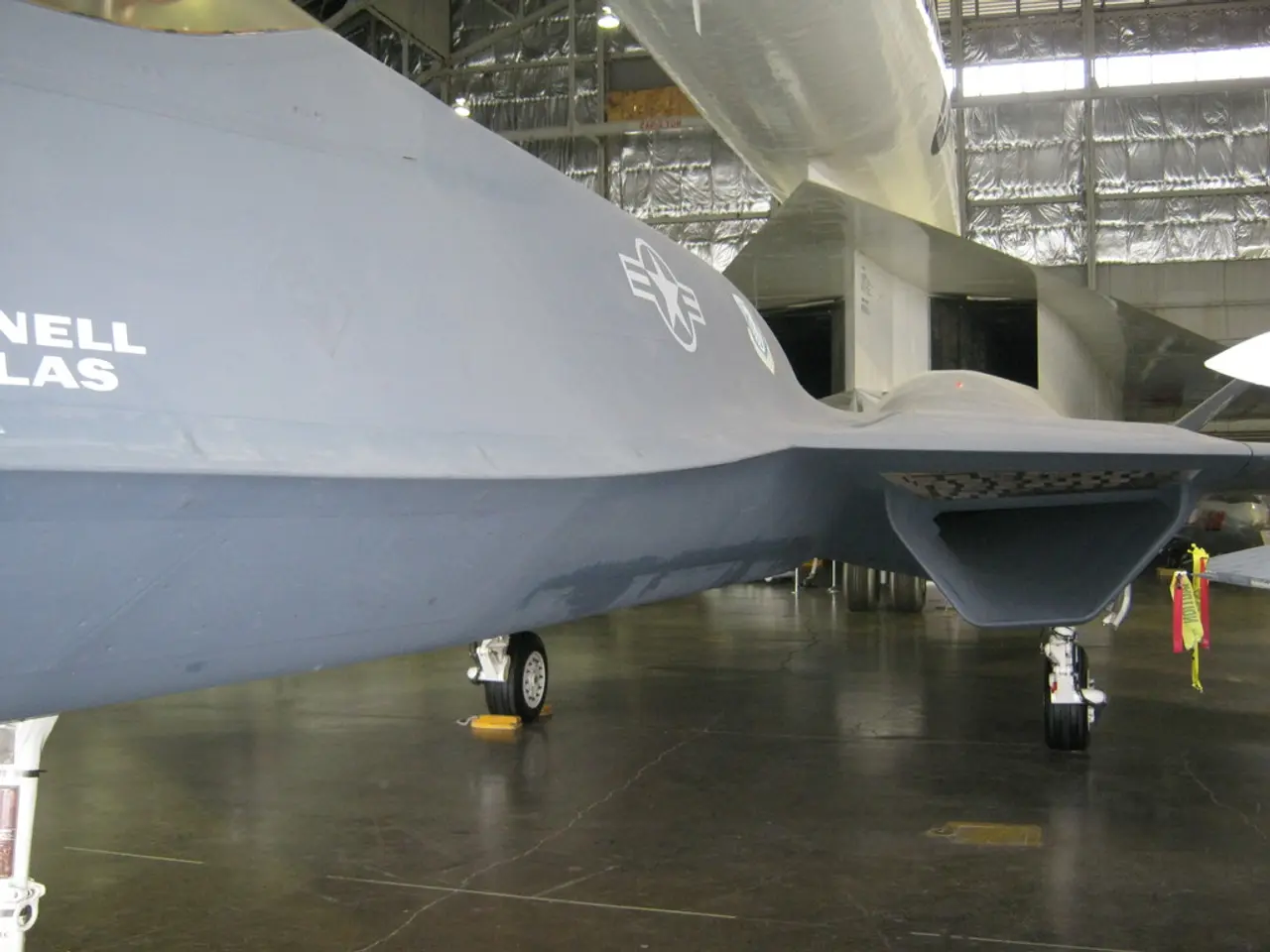Air Travel Turning Chaotic: Disruptive Passengers Causing Fear in Skies
The skies are no longer as friendly as they once were, with incidents of unruly passenger behavior on flights increasing significantly in recent years. This trend was evident in 2024, according to data from the International Air Transport Association (IATA), which reported over 53,500 disruptive passenger incidents, averaging one incident every 395 flights. This is a stark contrast to previous years, where incidents occurred about once every 1,053 flights in 2017.
In the United States, the Federal Aviation Administration (FAA) recorded over 900 cases by mid-2024, with more than 100 linked directly to intoxication. This spike in unruly behavior is noteworthy since 2020.
Causes for this unruly passenger behavior are numerous. Excessive alcohol consumption before or during flights, stress related to flight delays or security protocols, fear of flying or mental health challenges, conflicts over safety regulations or personal space, and a general increase in passenger volume and crowded cabins are all contributing factors.
Authorities and airlines have taken several measures to address this issue. Campaigns like the European Aviation Safety Agency's #notonmyflight raise public awareness and discourage disruptive behavior. Airlines enforce strict zero-tolerance policies on unruly conduct, with disruptive passengers potentially facing detainment upon landing and flights being diverted if necessary.
Flight crews are also employing proactive strategies to identify warning signs early, such as observing agitation, ignoring instructions, or intoxication, to help prevent escalation. Airports are investing in technology, like AI traffic systems and automated baggage tracking, to reduce travel stressors that may trigger incidents.
Regulatory bodies like the FAA and the European Union Aviation Safety Agency require mandatory reporting of disruptive incidents and enforce compliance with safety and conduct rules, imposing penalties for non-compliance.
The FAA administrator, Steve Dickson, signed a "zero tolerance" order in January 2021, calling for stricter penalties for passengers who assault, threaten, intimidate, or interfere with a crewmember. The TSA announced it would reinstate its Crew Member Self-Defense (CMSD) training in July 2021, providing defensive techniques for responding to an attacker on an aircraft, identifying and deterring potential threats, and allowing for the application of self-defense techniques against attackers. This training is voluntary and free for all flight crew members in the United States.
The current travel experience is far from the friendly skies evoked by the slogan "Come fly the friendly skies of United," first created by the Leo Burnett Agency in the 1960s. The post-pandemic travel surge, workforce limitations, mask mandates, politics, and anger have led to numerous onboard showdowns between passengers and flight attendants. As a result, a group of airlines stakeholders, including unions representing pilots and flight attendants, sent a letter to U.S. Attorney General Merrick Garland demanding more action against rowdy passengers, even requesting the "full and public prosecution of onboard acts of violence."
The current unruly passenger situation is extreme, according to Paul Hartshorn, a spokesman for the Association of Professional Flight Attendants. Taylor Garland, a representative for the Association of Flight Attendants-CWA, states that the current situation is the worst throughout their entire careers. With these escalating incidents, there is hope that with the FAA's actions and the relaxed mask mandates, tensions between flight attendants and passengers may decrease.
[1] IATA (2025). Disruptive Passenger Behavior. Retrieved from https://www.iata.org/contentassets/6c842e1e48f44f81a8c09a9737735865/disruptive-passenger-behavior-2024-report.pdf [2] FAA (2024). Unruly Passenger Incidents. Retrieved from https://www.faa.gov/about/initiatives/civil_penalties/unruly_passenger_incidents/ [3] EASA (2024). Not on My Flight. Retrieved from https://www.easa.europa.eu/safety-security/passenger-rights/not-my-flight [4] TSA (2021). Crew Member Self-Defense Training. Retrieved from https://www.tsa.gov/blog/2021/tsa-announces-crew-member-self-defense-training-return-service
- The escalating issue of unruly passenger behavior has been a prominent topic in the 'general-news', with the Federal Aviation Administration (FAA) and International Air Transport Association (IATA) providing reports on the increasing incidents.
- In response to the spike in unruly passenger incidents, regulatory bodies like the FAA and the European Union Aviation Safety Agency have enforced stricter punishments and mandatory reporting, aiming to ensure a safer lifestyle for both passengers and crew members.
- The current state of air travel, where unruly passenger behavior has become a serious concern, is a stark contrast to the friendly skies depicted in the slogan 'Come fly the friendly skies of United', highlighting the need for continued efforts and initiatives, such as the TSA's Crew Member Self-Defense Training, to restore a peaceful travel environment.




